Discover the beauty of ornamental oregano plants. Learn about their varieties, care tips and how to use them in your garden for both aesthetics and culinary purposes.
Ornamental oregano is a delightful plant that combines beauty with utility. While many know oregano as a culinary herb, its ornamental varieties offer stunning foliage and flowers that can enhance any garden. This article will explore the world of ornamental oregano, its care and its uses in landscaping.
What is Ornamental Oregano?
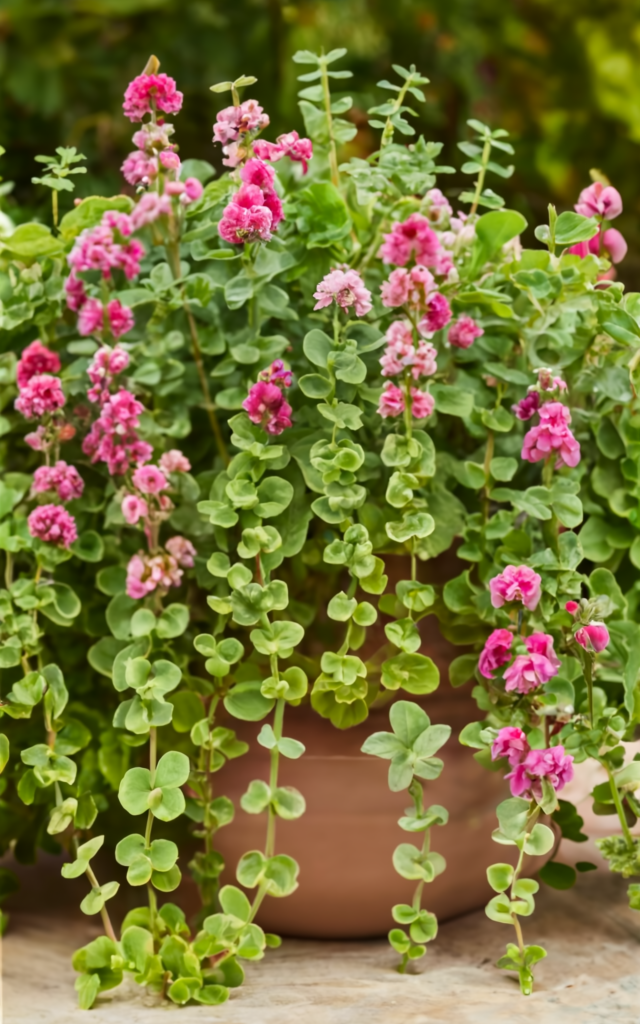
Ornamental oregano plants are members of the Origanum genus, just like their culinary cousins. However, these varieties are bred for their attractive appearance rather than flavor. They typically feature:
- Colorful, often variegated foliage
- Showy flowers in shades of pink, purple, or white
- Cascading growth habit, perfect for hanging baskets or rock gardens
Popular Varieties of Ornamental Oregano
Several ornamental oregano varieties are prized by gardeners:
1. Origanum ‘Kent Beauty’
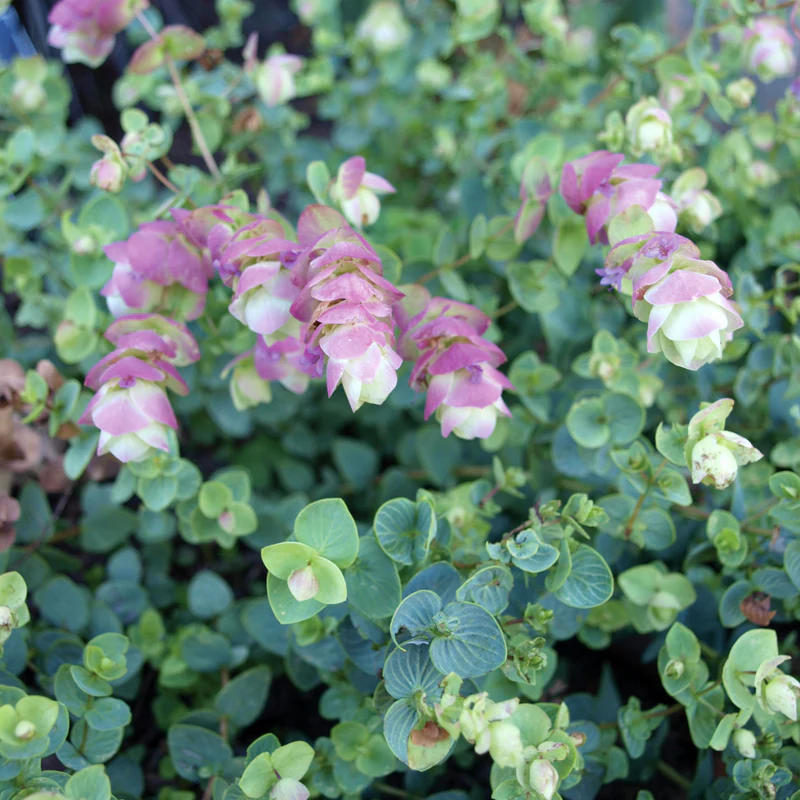
Known for its hop-like pink bracts
Trailing habit, ideal for hanging baskets
Blooms from summer to fall
Origanum ‘Rosenkuppel’ (Rose Dome)
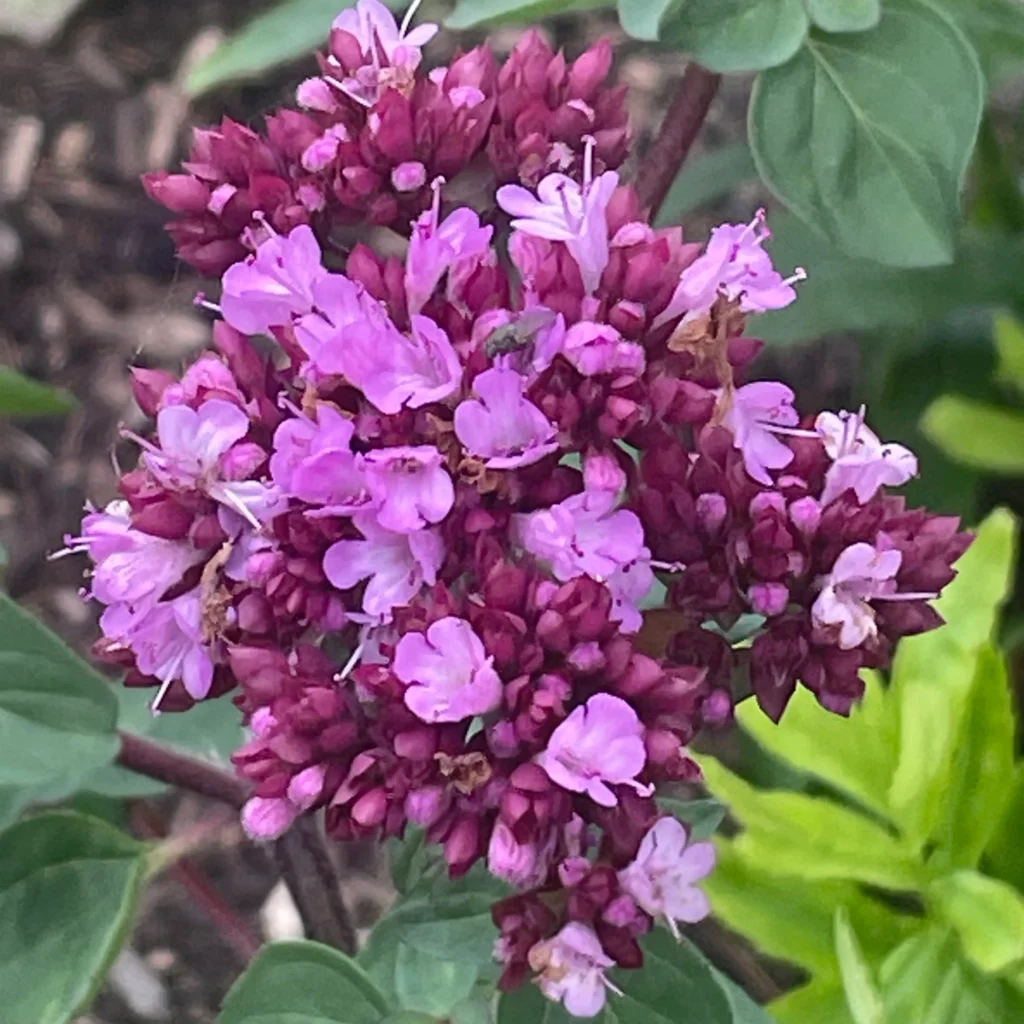
Features dark pink flowers
Upright growth habit
Attractive to pollinators
Origanum ‘Herrenhausen’
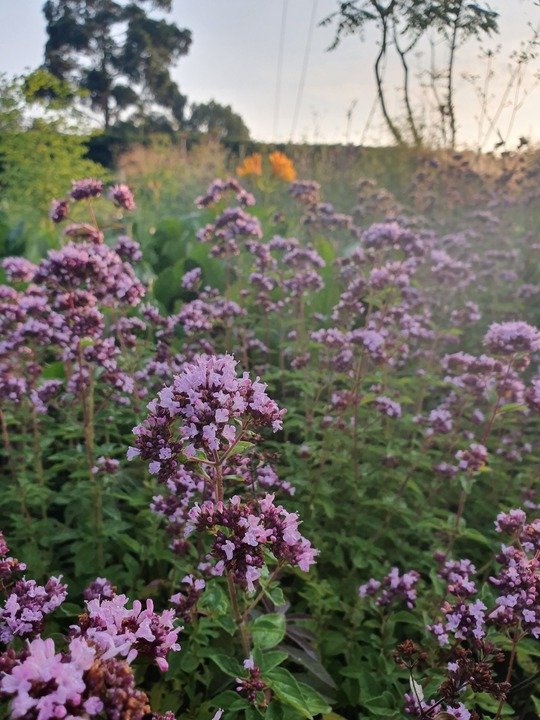
Purple-pink flowers
Dark green foliage with purple tints
Spreads well as a ground cover
Origanum ‘Rotbund’
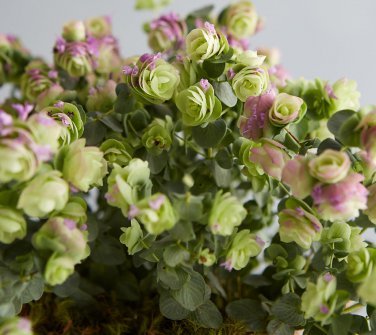
Bright pink flowers
Green leaves with purple undersides
Compact growth habit
Learn more about oregano varieties
Growing Ornamental Oregano
Ornamental oregano is relatively easy to grow. Here are some care tips:
Sunlight Requirements
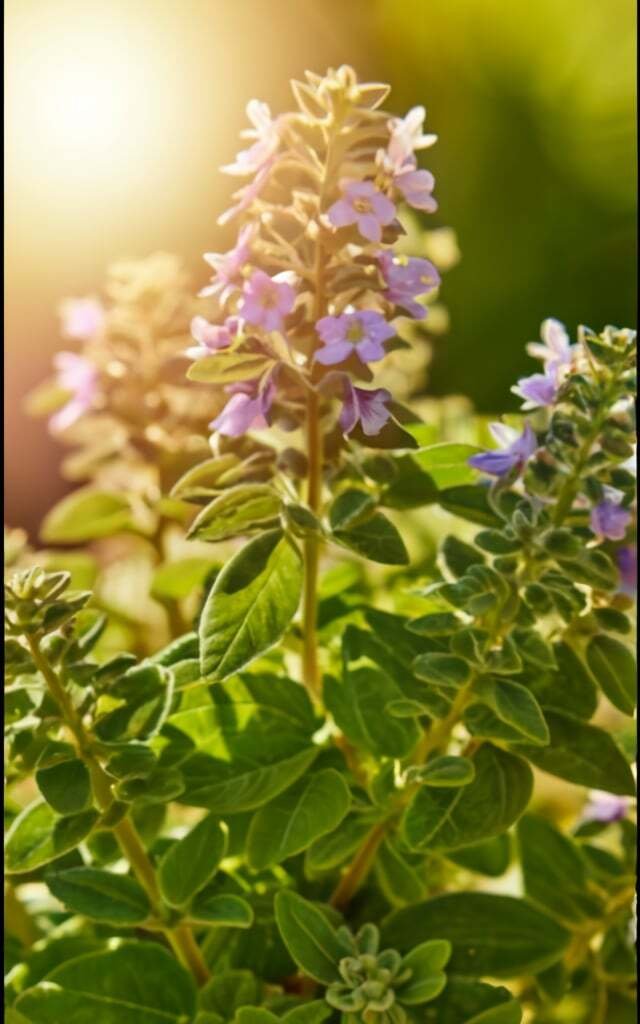
- Full sun to partial shade
- At least 6 hours of direct sunlight daily
Soil Conditions
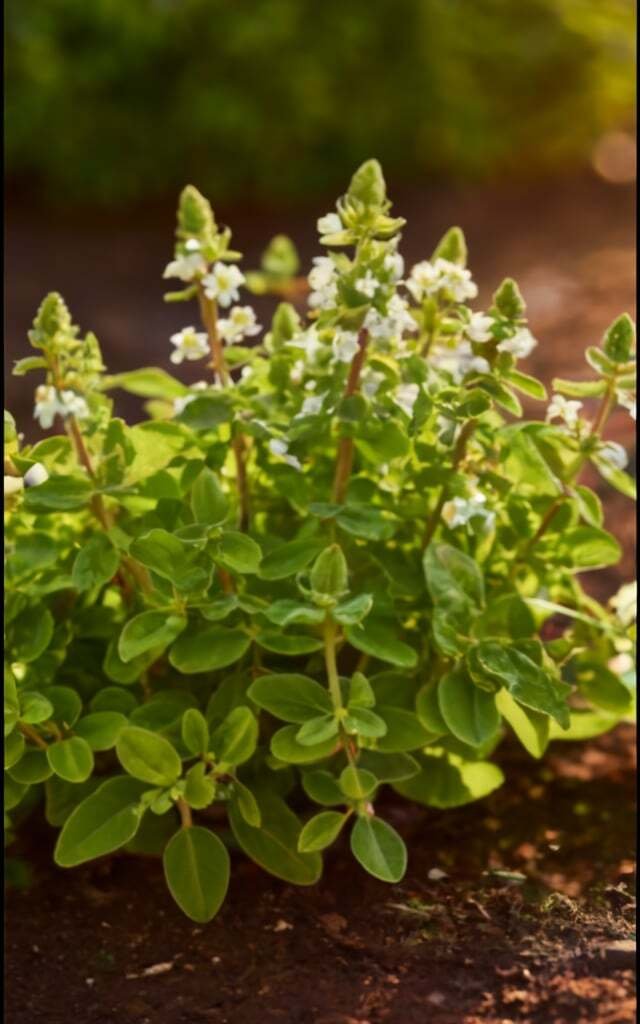
- Well-draining soil
- Tolerant of poor soils
- Prefers slightly alkaline pH
Watering Needs
- Drought-tolerant once established
- Water deeply but infrequently
- Avoid overwatering to prevent root rot
Fertilizing
- Light feeder
- Apply a balanced, slow-release fertilizer in spring
Pruning
- Trim back after flowering to maintain shape
- Cut back in late winter to encourage new growth
Detailed guide on growing oregano
Using Ornamental Oregano in the Garden
Ornamental oregano is versatile in garden design:
Rock Gardens
Thrives in rocky, well-draining conditions
Cascading habit adds interest to slopes
Hanging Baskets
Trailing varieties create stunning displays
Mix with other drought-tolerant plants
Border Plantings
Use as a colorful edging plant
Combines well with other Mediterranean herbs
Pollinator Gardens
Attracts bees, butterflies and hummingbirds
Provides late-season nectar source
Container Gardens
Excellent for patios and balconies
Can be overwintered indoors in cold climates
Ornamental vs. Culinary Oregano
While ornamental oregano is bred for looks, many varieties are still edible:
- Flavor may be milder or less pleasant than culinary varieties
- Can be used fresh in salads or as a garnish
- Dried leaves can be used in herb blends
However, always verify the edibility of specific varieties before consuming.
Pests and Diseases
Ornamental oregano is generally pest-resistant, but watch out for:
- Spider mites in dry conditions
- Root rot in overly wet soils
- Leaf spots in humid climates
Good air circulation and proper watering can prevent most issues.
Common oregano pests and diseases
Propagating Ornamental Oregano
You can easily propagate ornamental oregano:
- By Division
- Divide mature plants in spring or fall
- Replant divisions immediately
- From Cuttings
- Take stem cuttings in late spring
- Root in a well-draining potting mix
- From Seeds
- Sow seeds indoors 6-8 weeks before last frost
- Transplant outdoors after danger of frost has passed
Ornamental oregano offers a perfect blend of beauty and practicality for any garden. With its attractive foliage, showy flowers and easy-care nature, it’s an excellent choice for gardeners looking to add interest to their landscapes. Whether cascading from a hanging basket, spreading in a rock garden, or attracting pollinators to a border, ornamental oregano is sure to be a standout in your garden design.
Remember, while these plants are bred for their ornamental value, many still retain the aromatic qualities of their culinary cousins, offering a multi-sensory experience in your garden. Happy planting!